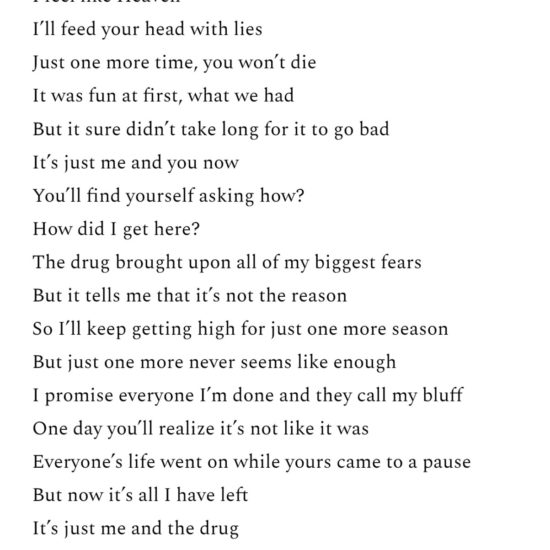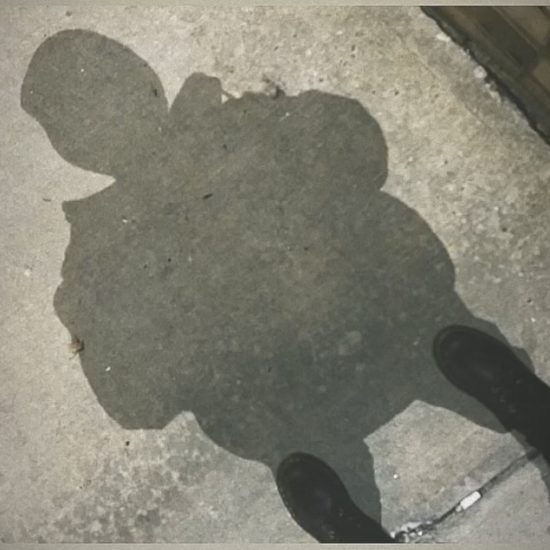
What Are the Benefits of a Holistic Recovery Center?
Important Information
This information is for educational purposes only. We never invite or suggest the use, production or purchase of any these substances. Addiction Resource and it’s employees, officers, managers, agents, authors, editors, producers, and contributors shall have no direct or indirect liability, obligation, or responsibility to any person or entity for any loss, damage, or adverse consequences alleged to have happened as a consequence of material on this website. See full text of disclaimer.
Three Types of Holistic Rehab Facilities
Broadly speaking, there are three types of holistic drug treatment centers:
The first focuses on the process of healing using a variety of Eastern-inspired techniques, such as reiki. These centers reject the 12-step model outright, unlike the second type, which does offer 12-step programs but also incorporates elements of Eastern philosophy or healing arts, such as massage therapy or yoga. The third holistic rehab center type is hard to define, because there are a lot of such centers, and their services vary greatly.
Some facilities just label themselves as holistic because they do not use prescription medication. As a result, they are open to any recovering addict as long as he or she has undergone detox and does not require psychiatric drugs.
Basically, any of these types of facilities may be suitable for any given client, but it is important to ask questions about what exactly the treatments will involve.
Getting Help at a Holistic Rehab Center
One speaks of substance abuse when a person is using drugs or alcohol in a misguided attempt to keep a certain issue or aspect in their life under control. Sometimes the person isn’t aware of what this issue is. A holistic addiction treatment center will focus on improving mental, physical, and emotional health, targeting the problematic aspects so clients can become and remain sober.
According to holistic programs, all three areas of health are linked, meaning that a problem in one will affect the other two. Efforts are made to treat each area so the individual can sustain sobriety after the main issues leading to substance misuse are resolved. Like traditional rehabs, these facilities have trained therapists to provide individual and group therapy among other standard rehab features. Additional focus is placed on:
- Organic meal plans to improve physical health
- Yoga, tai chi, and other meditation exercises
- Sports activities – swimming, walking, biking, hiking
- Music and/or art therapy
- Acupuncture, massage or other complementary therapy
- Treatment in scenic locations – seaside or in the mountains
Holistic drug rehab centers aim to treat addiction by introducing as few new chemicals to the patient’s body as possible and achieving a cleanse through herbal remedies and good nutrition.
In cases of severe addiction, undergoing withdrawal at a holistic recovery centeris not recommended, because medication to prevent dangerous side effects, such as seizures, is not administered. In less severe cases, this could be an advantage – holistic practitioners maintain that psychiatric medications can lead to prolonged periods of toxicity, postponing the benefits of a drug-free life.
What to Expect at a Holistic Drug Treatment Center
Different holistic drug rehab centers will offer different treatments, but the process one can expect is generally as follows. Every treatment starts with holistic detox. This is done under medical supervision. Patients meet the doctor on staff when they arrive at the center and receive a full evaluation, going through a protocol that is adapted to individual needs.
Drug use alters the physical properties of the brain, including the activity of neurotransmitters. More specifically, it affects the prefrontal cortex, which is the same area activated to make decisions and judgments. It follows, then, that self-control, motivation, judgment, memory, and even emotional regulation could all be impaired.
A good holistic drug treatment center will take this into account. Treatment begins with Core Belief Restructuring, which is something of a holistic trademark. This comprehensive, effective therapeutic approach can help bring about lasting change due to a combination of experiential learning and cognitive understanding of the behavior behind the addiction.
Treatment at a Holistic Drug Rehab Center
After detox, patients are enrolled in a comprehensive program to heal the brain, broadly speaking. This includes special exercises to reacquire self-control, motivation to attain long-term sobriety, and sound judgment. A key principle of this rehab type is “life from the core essence”, a way to help a recovering addict find happiness by soul-searching.
The program has elements of fear reduction and stress management and, of course, techniques to improve mental, physical, and emotional health. Core essence therapy involves mindfulness practices and relaxation techniques. The mind and body need to work in unison. It isn’t possible to live only in one or the other.
Therapists at a holistic treatment center will take into account the fact that chronic stress is one of the biggest risk factors behind drug and alcohol abuse. Lack of adequate techniques to deal with stress often leads to addiction issues. Stress management and fear reduction modules are integrated into the treatment plan to facilitate long-term healing.
Types of Holistic Drug and Alcohol Rehab Centers
There are both inpatient and outpatient rehab centers. The first are also known as residential treatment centers, where the patient lives in the facility. If a client chooses the second type, he or she will continue to live at home but attend sessions at the center. The focus on health integration is what both holistic rehab types have in common.
Their programs assimilate the aspects of support that the body needs on each level during the process of recovery. These treatment facilities can offer a wide variety of therapeutic forms, but it is most important to make sure they are able to provide customized plans for specific addiction types.
Shortcomings of Traditional Rehabs
Many recovering addicts find the conventional forms of drug treatment either insufficient or too limiting. Typical 12-step facilities tend to weave religion into their approaches, which can put some potential clients off. Traditional rehabs do not offer supplementary treatments such as yoga, massage, reiki, saunas, energy work, journey work, and nutritional therapy. Another shortcoming is the insistence on using psychiatric drugs.
Eastern philosophies, which can be very beneficial, are not integrated into the therapeutic approach. A holistic rehab facility’s scope will even include Buddhist teachings, guided meditation, guided imagery therapy, and spiritual teachings like Eckhart, The Secret, The Four Agreements, and more.
Getting More Addicts into Treatment
The effectiveness of holistic drug rehab depends on a number of factors, some of which are not directly connected to the treatment itself. The “treatment gap” is a known fact—only a small number of those who need substance abuse treatment actually receive it. According to data of the National Institute on Drug Abuse, 21.6 million persons over the age of 12 needed treatment for an illegal drug or alcohol use problem, but only 2.3 million received such at a specialized substance abuse facility in 2011.
To reduce the treatment gap, a multilateral approach is needed. Strategies include ensuring insurance parity (efforts to implement such started only recently), increasing access to effective treatment, reducing stigma, and raising awareness of the value of addiction treatment among both addicts and healthcare professionals.
Evidence of Holistic Rehab Effectiveness
Results of a study reported by Yale University show some evidence that this form of rehab can and does benefit recovering addicts. The best way to be sure if it will work in a specific situation and under specific circumstances is by reviewing testimonials. When looking for a treatment center, asking about the success rate is greatly recommended.
The facility either will or won’t be able to provide evidence of their success. It is also important to take into account that two holistic centers may have different success rates albeit having the same idea and very similar programs. The success rates also depend on whether the person is religious or not, and on their beliefs.
Clients who either don’t support or aren’t familiar with Eastern medical and spiritual practices usually don’t find holistic treatment helpful.
There is no consistently effective method of addiction treatment, and holistic rehab is no exception. However, this definitely doesn’t mean it should be rejected. To make a well-informed decision, individuals interested in treatment should look at ratings from alumni, the price of the program, the services offered, and the specializations of the facility.
The setting is also important – a secluded and peaceful area as opposed to a busy neighborhood, a beach or mountain setting, and the style of the resort, if the facility is in one. The organization of choice should definitely be accredited and offer relatively high staff-to-patient ratios. Chronic pain treatment and aqua therapy are a plus.









